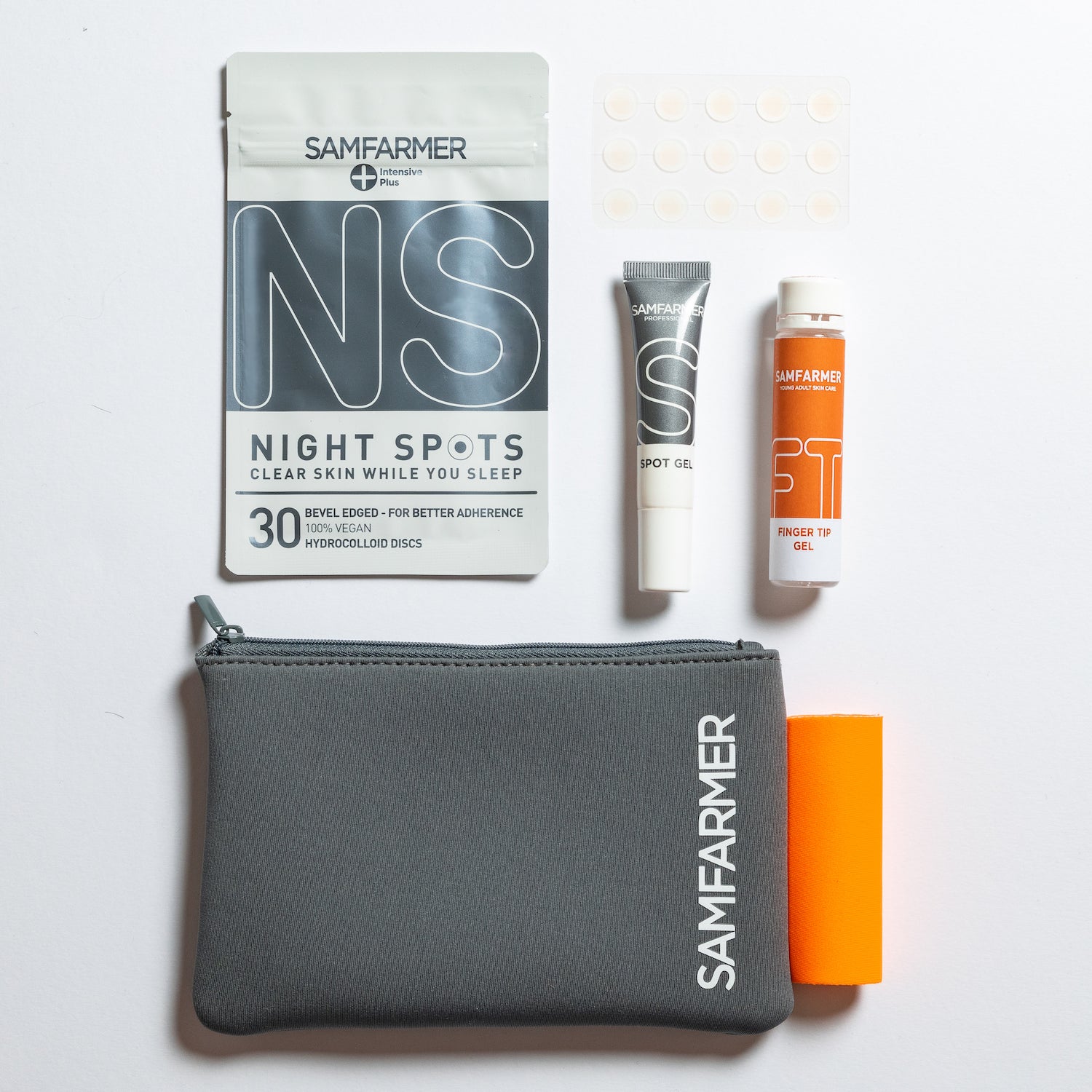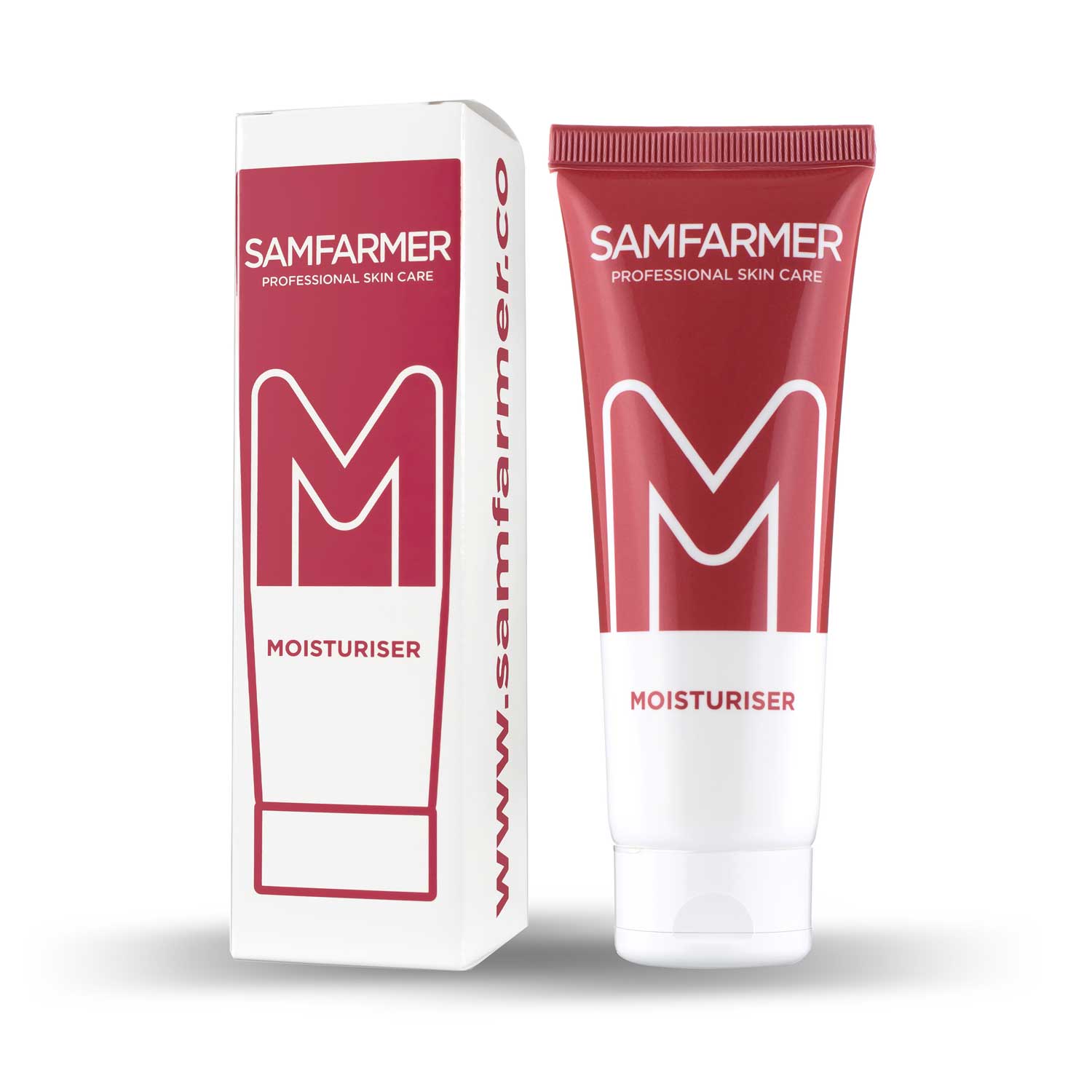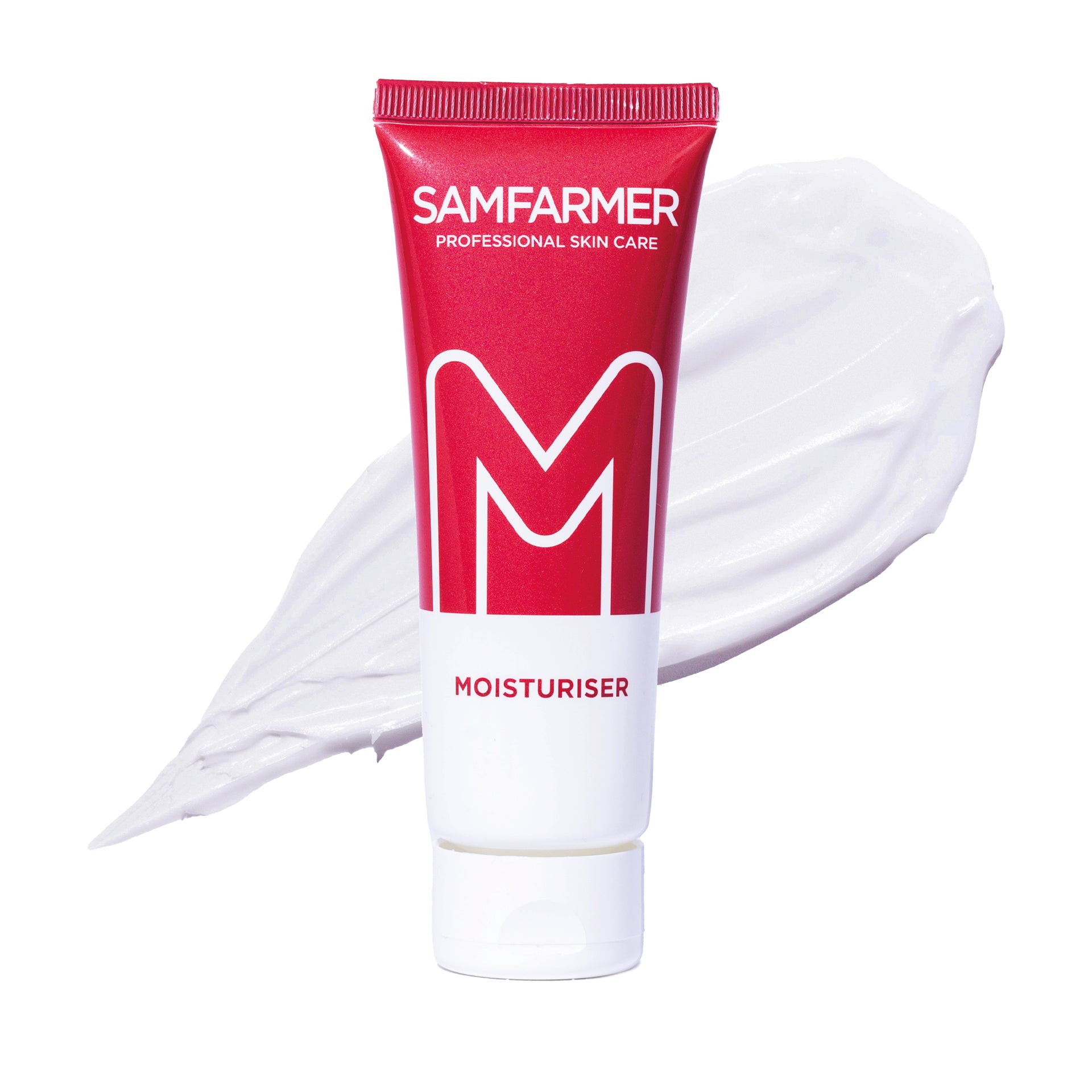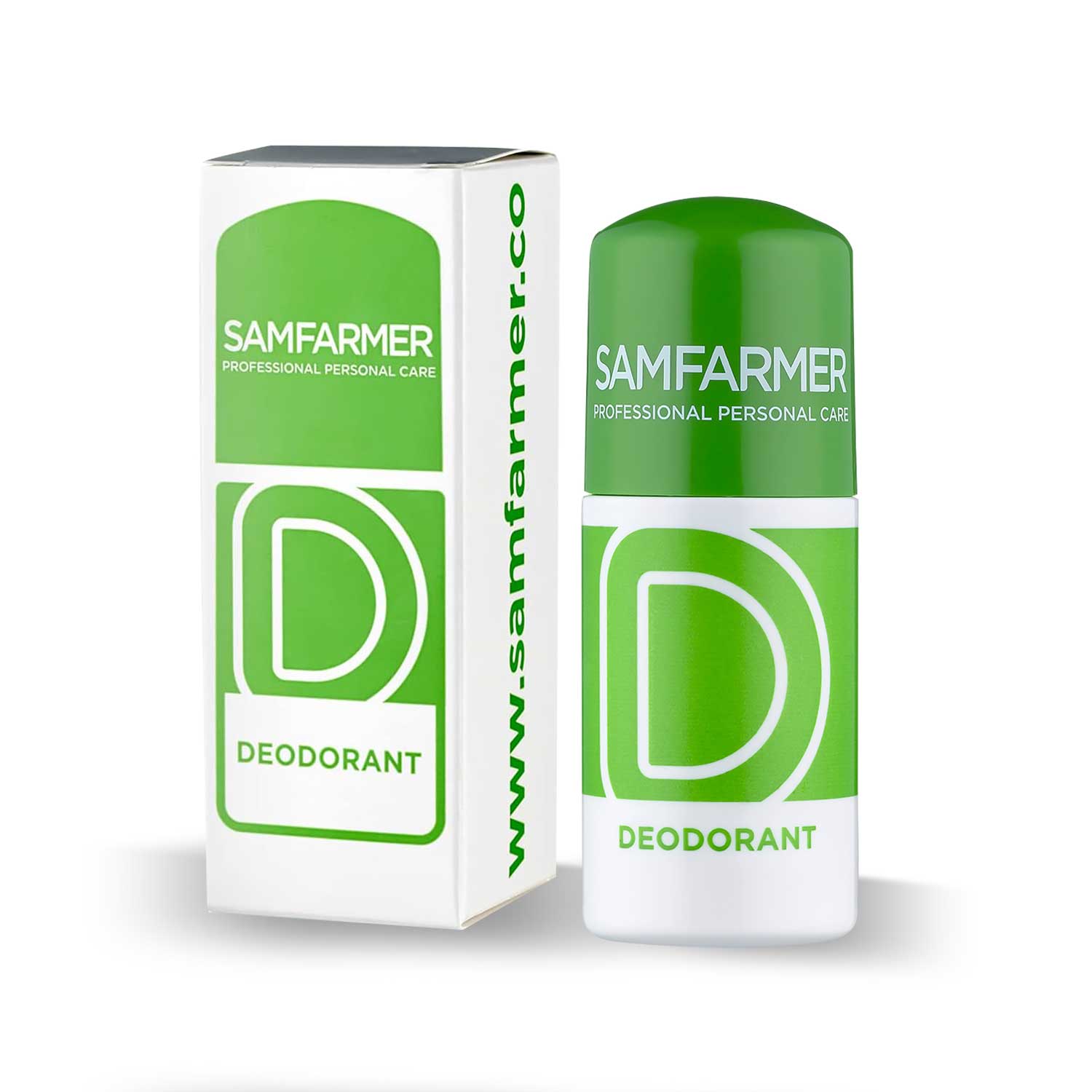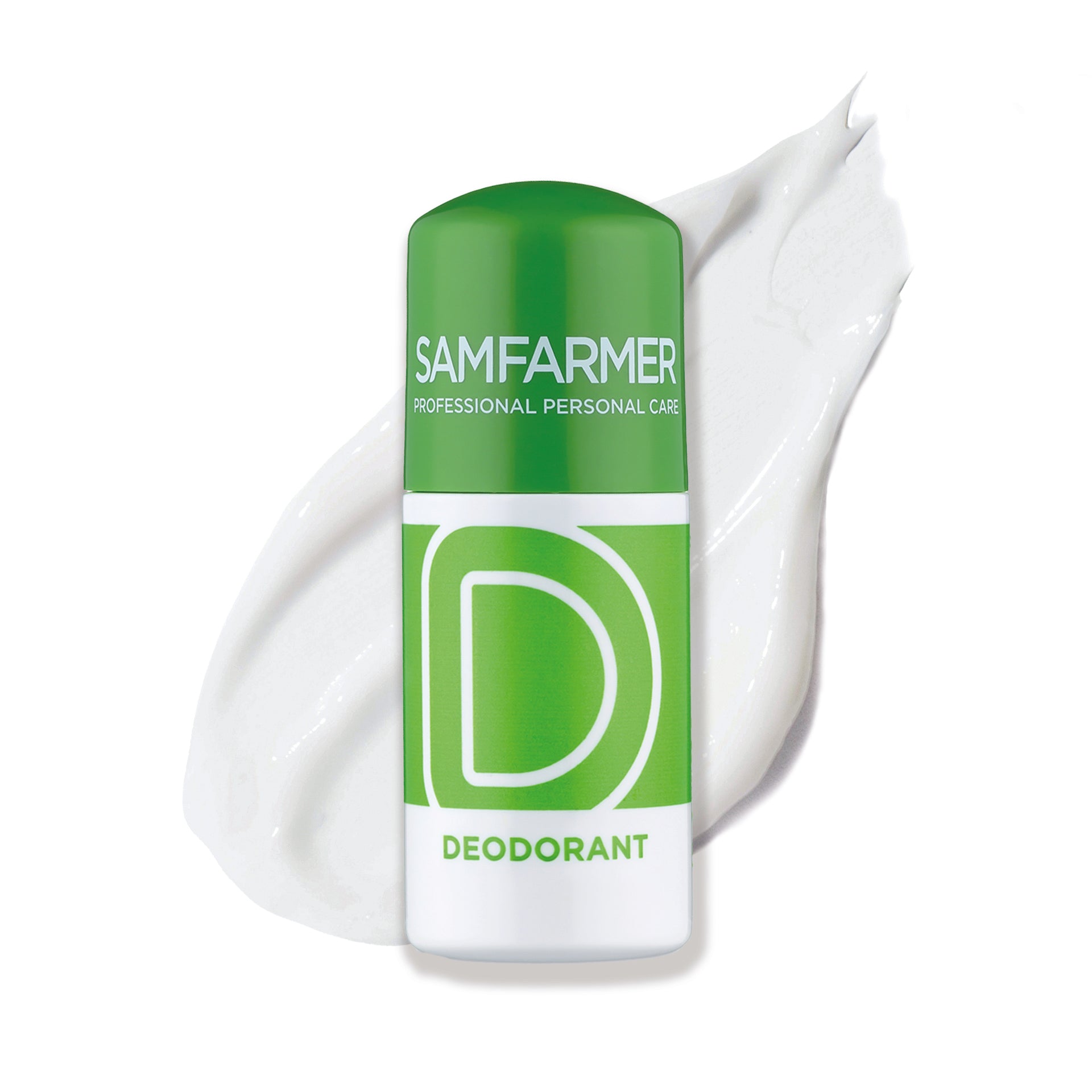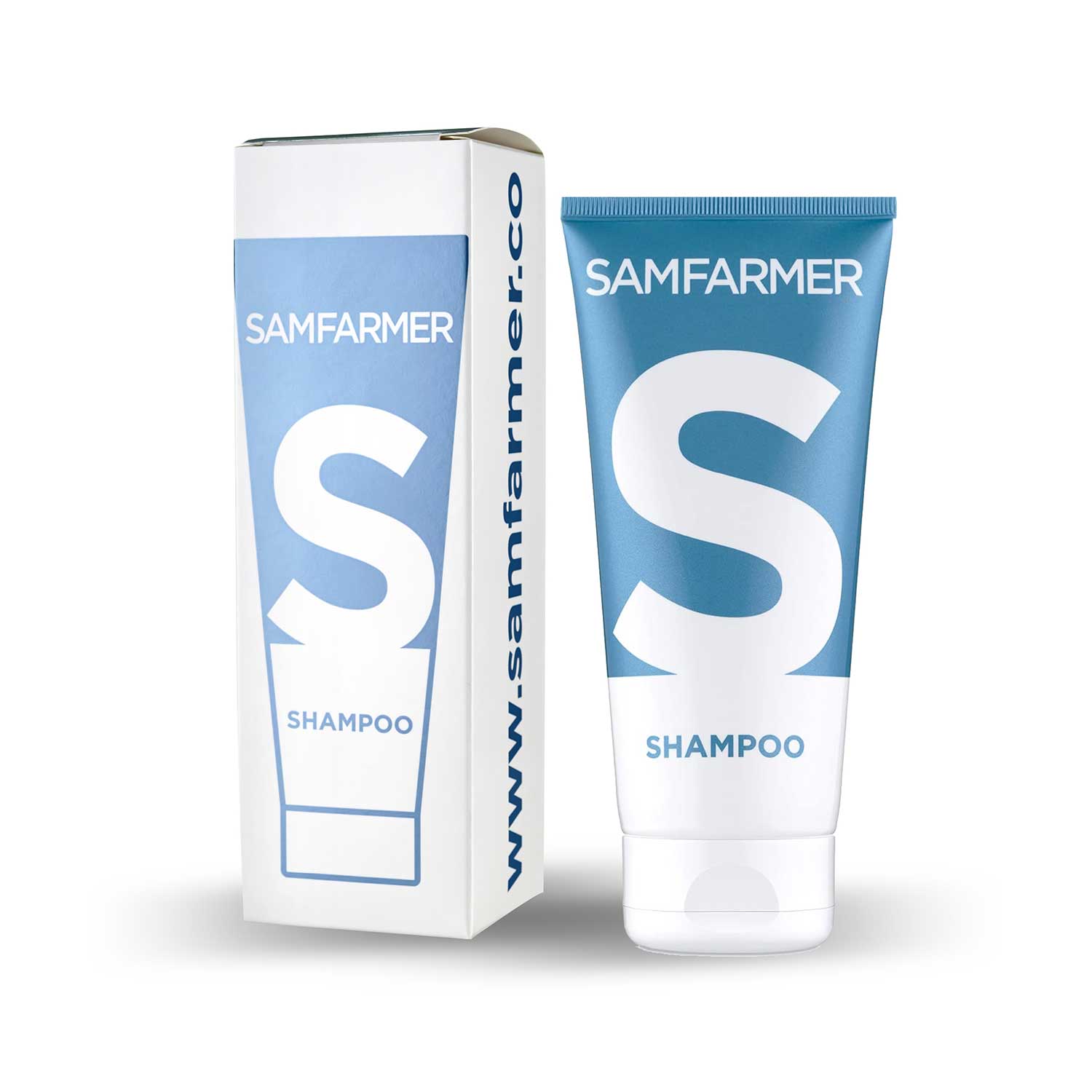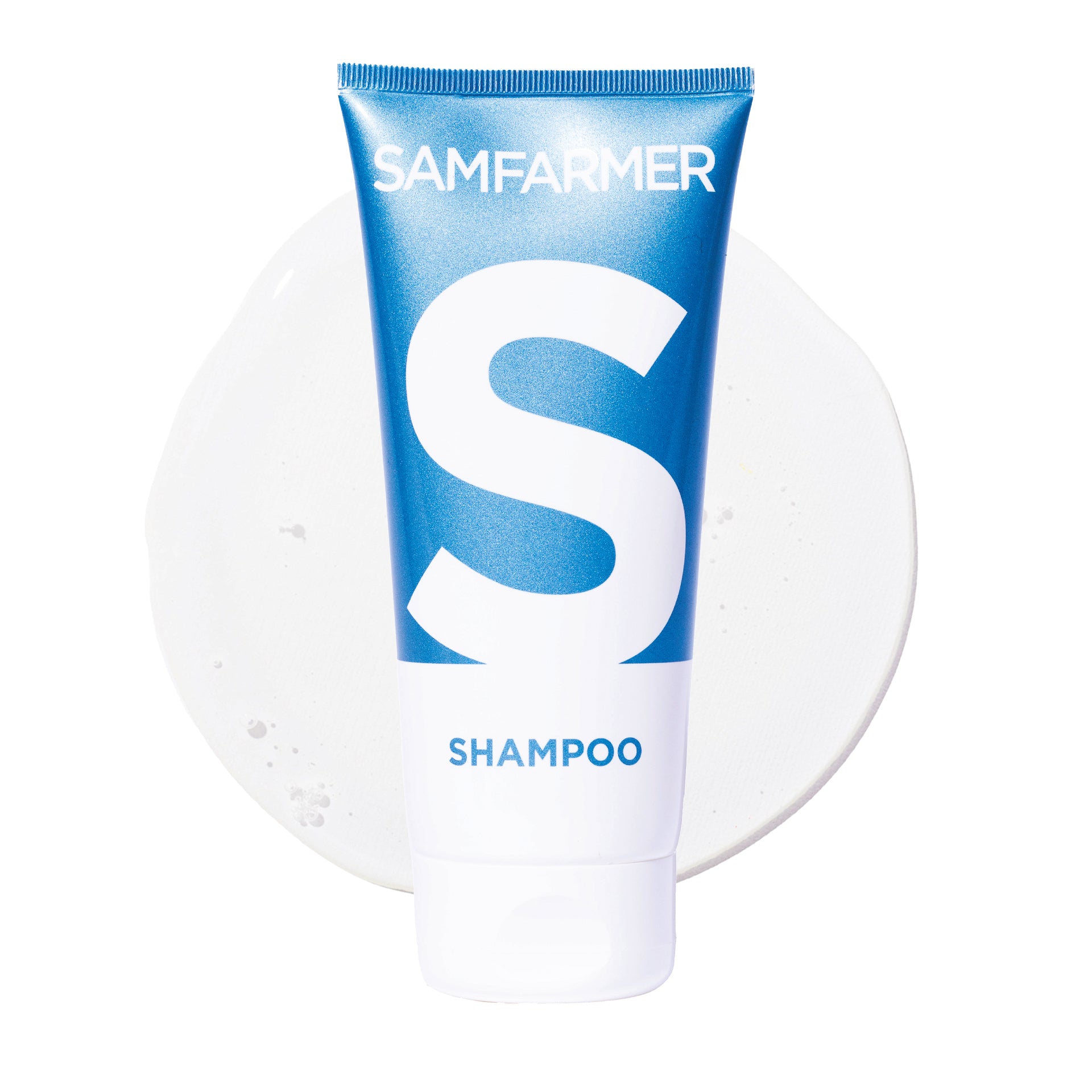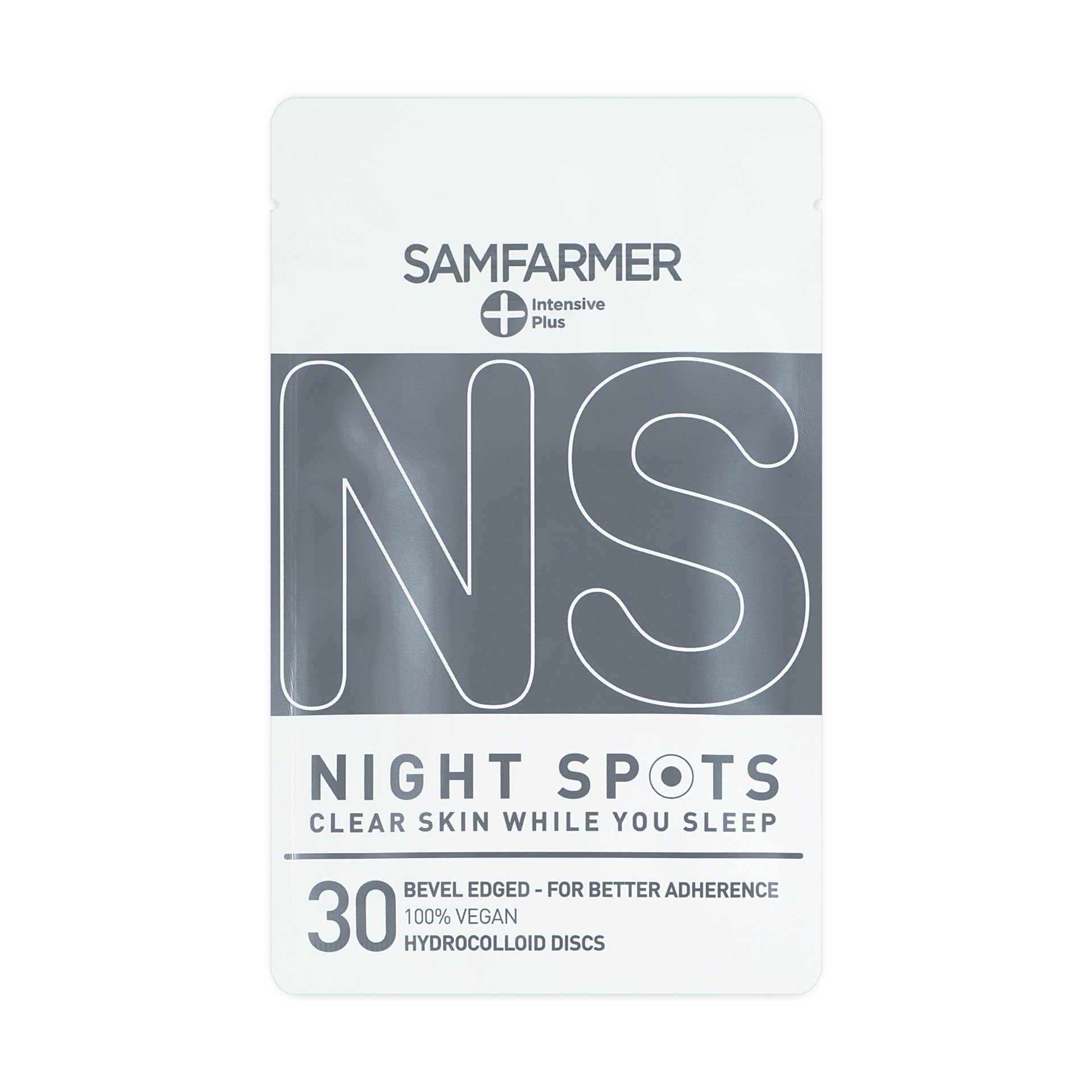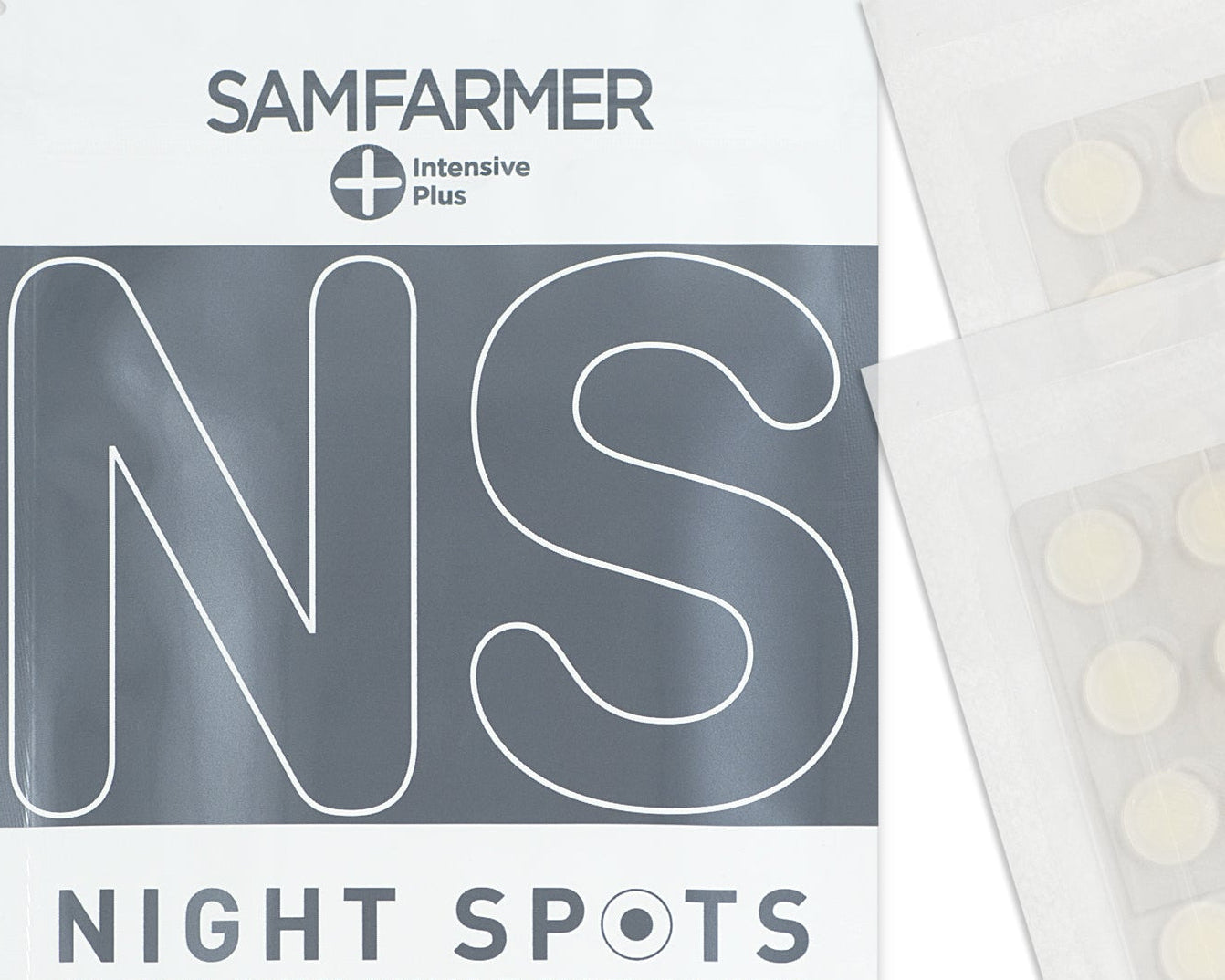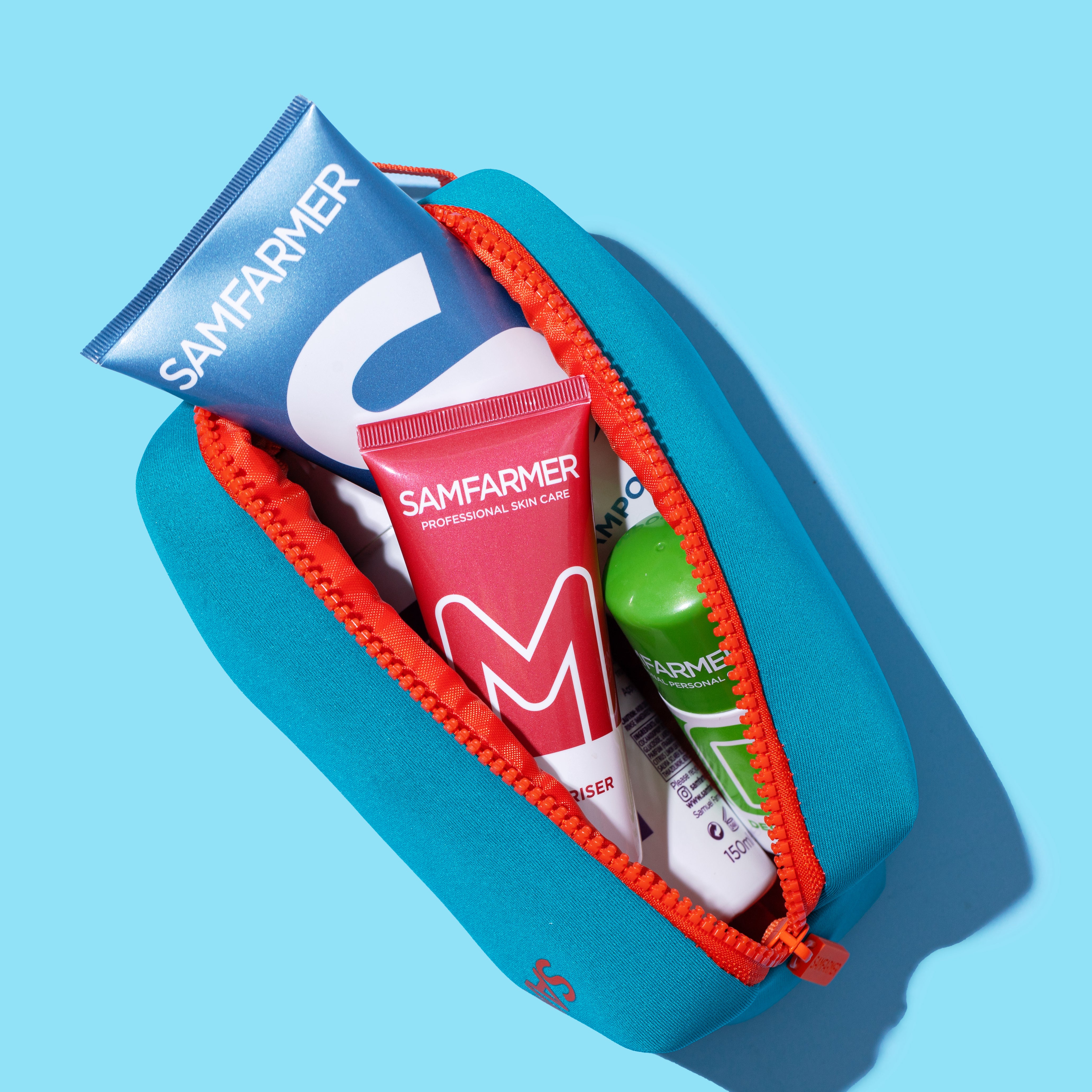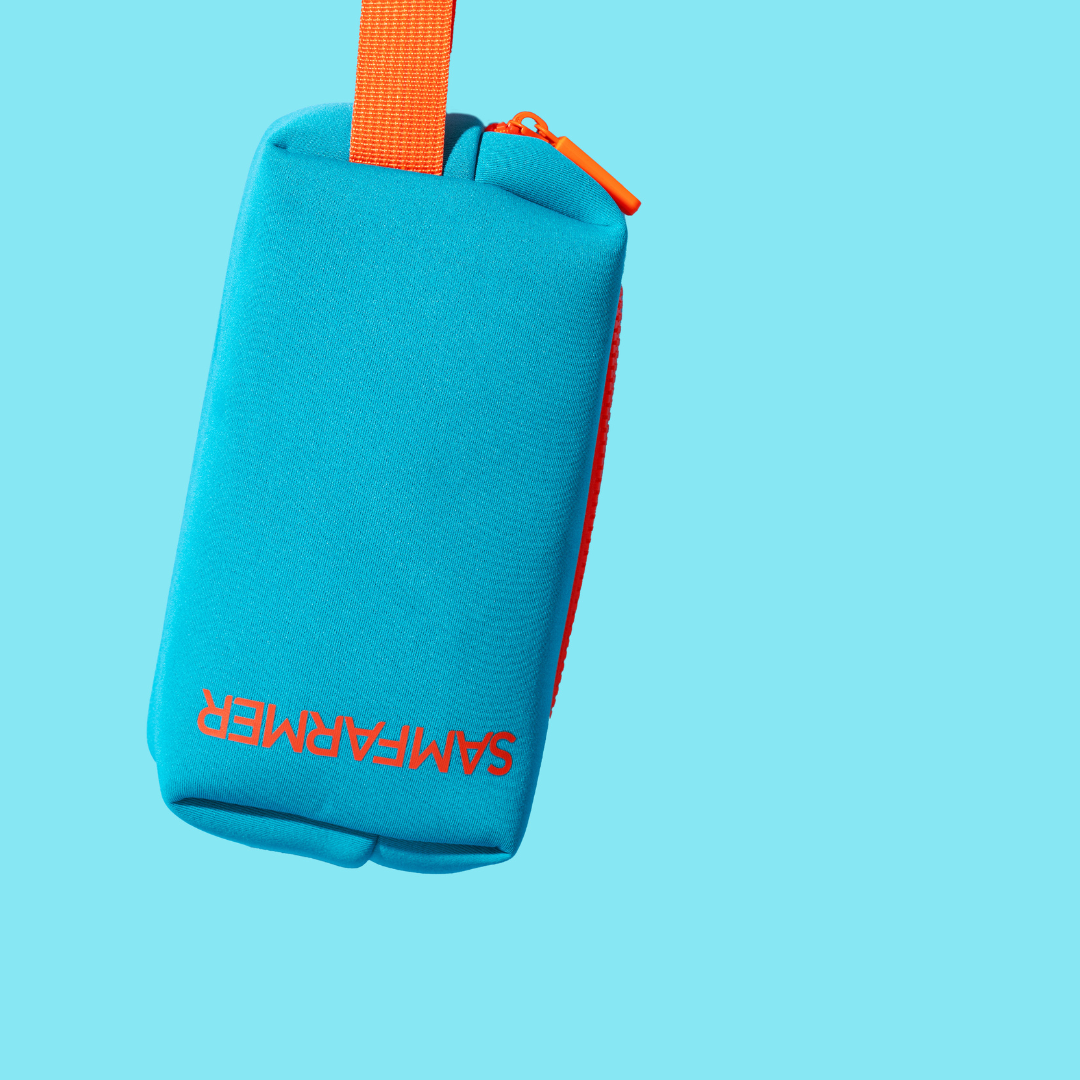Debunking Acne "Cures" and TikTok Beauty Hacks
When it comes to cosmetics and social media, being able to separate fact from fiction is a nightmare. The proliferation of supposed acne "cures" and the latest TikTok beauty trends only add to our confusion. However, most of these trends and "solutions" are not only ineffective but can sometimes do more harm than good, so what do teenagers really need for their skin?
It’s a lot simpler than the internet would have you believe.
The Myth of Acne "Cures"
Self proclaimed acne "cures" can range from overhyped products to natural remedies with no scientific backing. While diet and lifestyle can have an impact on the skin, there's no one-size-fits-all miracle cure. Effective acne treatment is about managing the condition with evidence-based methods, including proven skincare routines. However, in more severe cases, prescription medication and laser treatment might be appropriate under professional medical care.
It is illegal for a cosmetic product to use the words 'Acne', 'Cure' or 'Treatment' as these are medicinal claims and not cosmetic. Be very weary of cosmetic products making these claims.
The Truth Behind TikTok Trends and Beauty Hacks
TikTok is riddled with misinformation but it also has some great advice, so it’s very difficult to disseminate fact from fiction. I’d be weary of those sources adopting language that is clearly being used for likes and views or to cause controversy.
While some of these ‘hacks’ are harmless, others can be damaging. DIY treatments and "quick fixes" often lack scientific evidence and can lead to skin irritation, allergic reactions, or long-term damage. When it comes to UV protection, we should all be weary of anyone promoting an alternative product for the skin other than a tested and rated SPF.
Before trying out the latest trend, it's really important to understand the potential risks. What works for one person's skin may not work for yours and some of these trends can exacerbate skin issues rather than alleviating them.

Trusted sources of cosmetic product information;
Caroline Hirons
Jen Novakovich at The Ecowell
Anjali Mahto
Nadine Baggott
Rani Ghosh
Charlotte Parler
CTPA
Sam Farmer
What Teenagers Really Need for Their Skin
For most teenagers, skincare doesn't need to be complicated or expensive. Here are the essentials:
A Cleanser and Moisturiser
A gentle cleanser can help remove dirt, excess oil and impurities without stripping the skin completely of its natural oils. Cleansing will, however, temporarily disrupt the skin's natural lipid barrier so follow up with a moisturiser suited to your skin type. This is absolutely essential to keep your skin hydrated and support its natural barrier function.
Use Sunscreen
Daily sunscreen is recommended, even in the UK. Sun damage accumulates over time and can lead to premature signs of skin aging and increased risk of skin cancer. A broad-spectrum SPF 30 or higher should be applied and don’t forget the tops of the ears, a common area for sun damage.
Deodorant – Anti Perspirant
Hormones fluctuate during the teenage years. Sweating and consequently body odour can therefore become more pronounced. ‘Natural’ Deodorant is misinformation. It doesn’t really mean anything.
Don’t be persuaded that there is a safety issue here, every Toxin on earth is produced by Nature.
You can buy deodorants that also contains a mild anti-perspirant as well. The product names do not always define the products completely.
Shampoo
Using a mild shampoo will clean the hair and remove sebum and dirt from the scalp. Due to the increase in sebum production the scalp needs washing regularly. The trend to not wash the hair in the belief that it washes itself is a fantasy. The oil on the hair simply traps dirt, dead skin, microbes and environmental pollution. Added to this, when in bed and resting your head on the pillow, all that contamination is transferred to the pillowcase and consequently this is transferred to the face.
Specific Issues
For those with specific skin conditions or concerns, such as severe acne, eczema, psoriasis or Rosacea, consulting a dermatologist is the right decision. Prescription treatments and tailored advice can make a significant difference.
Mental Health Impact
It's also important to acknowledge the mental health aspect of skin conditions. If your skin is affecting your self-esteem or mental well-being, seeking support is just as important as addressing the physical symptoms.
In an age where information is abundant but not always accurate, it's vital to approach skincare with a critical mind. For all of us but especially young adults to understand their skincare products, simplicity is often the solution. Beyond the basics of cleansing, moisturising, sun protection and deodorant, focus on what genuinely benefits your skin.
Remember, when in doubt, turn to professionals rather than social media trends for advice. Your skin – and your health – will thank you for it.



